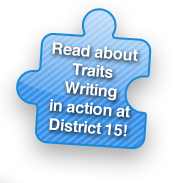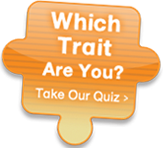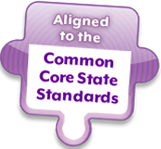 |
Teaching GuideContains focus lessons, mentor text lessons, warm-up activities, differentiated small-group activities, tips for managing independent writing, and much more. |
 |
Comments BookContains 100 "just-right" comments, correlated to the trait scoring guides. Write the comments on papers or use them in one-on-one conferences, small groups, and whole-class lessons to inspire your students! |
 |
Implementation GuideExplains the instructional model, the research behind it, and ideas for scheduling instruction and managing the classroom. It provides detailed guidelines for assessing writing using the trait scoring guides, converting scores to grades, keeping records, and reporting progress to parents. |
 |
Student Handbook25 copies of the Student Handbook include definitions of the traits and key qualities, worksheets, write-on pages, warm-up activities, "Think Abouts," author previews, graphic organizers, tip sheets, publishing checklists, and other tools that support instruction in the Teaching Guide. |
 |
Mentor TextsA collection of 26 fiction and nonfiction picture books serve as models for teaching the key qualities of the Traits. Each book is aligned to a lesson in the Teaching Guide and most books are accompanied by a video of the writer who created it. |
 |
Trait PostersCool and colorful posters, one for each trait, that remind students of key qualities to think about as they draft, revise, and edit their work. Each one showcases a "Trait Mate" from the Student Handbook. |
 |
Sing-Along CDIncludes a wide variety of sing-along songs that help your youngest learners become familiar with each of the Traits and include both sing along and instrumental versions. Listen to a sample of the Sentence Fluency Sing Along |
 |
Traitspace™Every program comes with access to Traitspace, a password protected, easy-to-navigate website that includes: |
Scholastic Traits Writing Program


The Complete K–8 Writing Program from Ruth Culham





